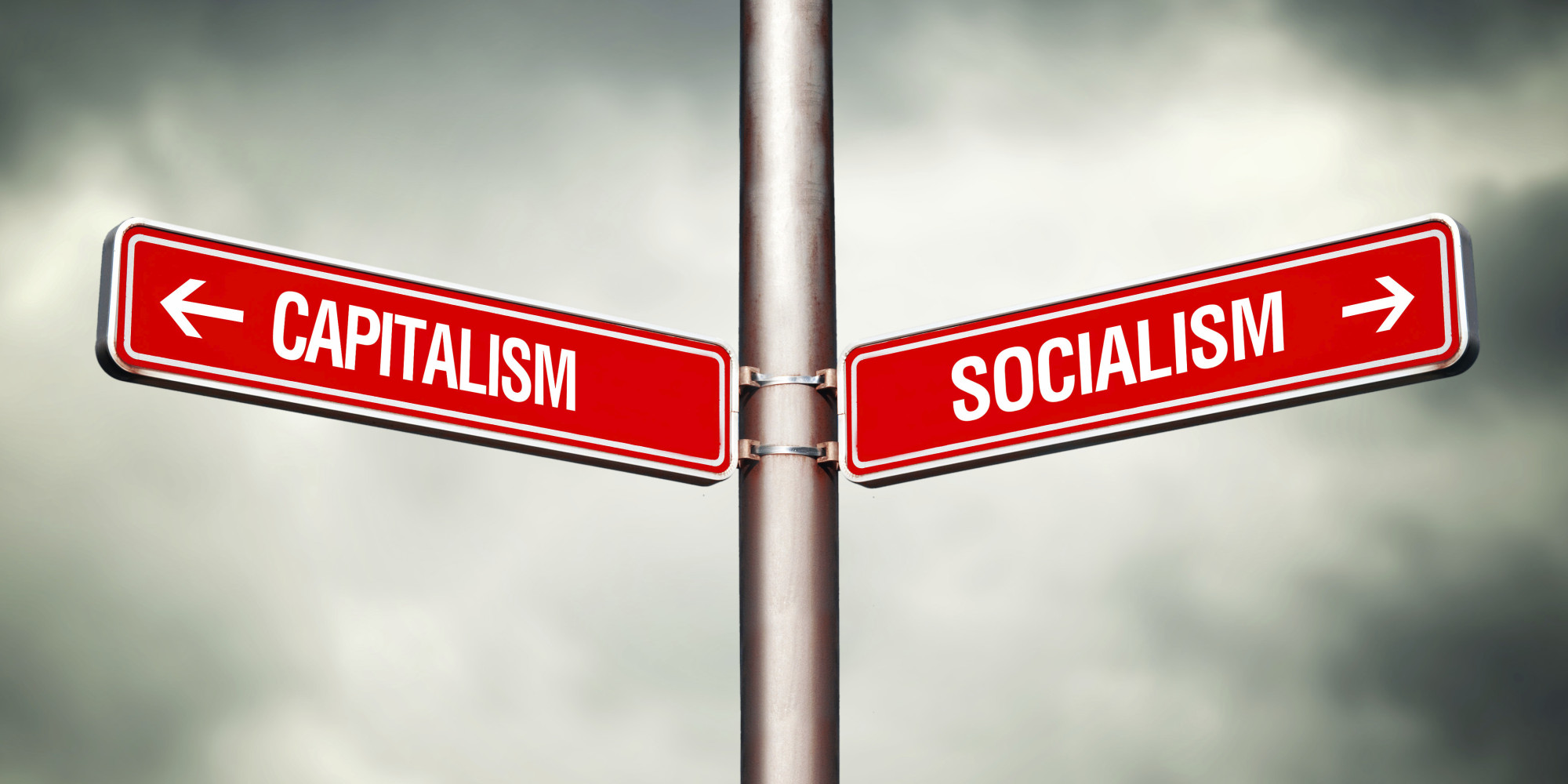
After seeing the recent political victories of Progressives/Democratic Socialist who get all this media coverage and poorly articulate socialism, I began to analyze whether the U.S. is already a socialist country. The U.S. has not had a Great Depression in 90 years, which is quite strange for a capitalist country. I also looked at the actions of the Government under President Bush and Obama during the financial crisis which briefly exposed the socialist tendency of the U.S. versus other countries that explicitly state their socialist policies.
What these candidate are really proposing is setting up socialist system to directly deal with voters needs rather than indirectly through various capitalist intermediaries. Below I will detail all the various socialist mechanism that the U.S. uses to prevent the collapse of it's economy, making it look like capitalism brings prosperity:
1. Quantitative Easing
Here the Federal Reserve printed trillions of dollars and bought mortgage securities artificially boosting their value to investors. Knowing the government would pump liquidity into the market, this kept the secondary mortgage market alive allowing banks to continue lending.
They plan to reduce their balance sheet of these assets but it will tank the value of securities in the market. Meanwhile, we will pay an inflated cost for housing in the market at an inflated cost.
2. Fannie Mae, Freddie Mac
These institutions were setup after the Great Depression to increase the stability of the banking system. The secondary mortgage market takes your loan and bundles it for investors who get a guaranteed rate of return. These institutions failed and were bailed out by the Federal Government, placed under conservatorship under the Federal Housing Finance Agency. Here the role of these agencies are to increase homeownership rates and return for investors which is counter to a capitalist company that seeks to maximize profits.
3. FDIC
The government after the Great Depression, guarantees your bank deposits, it charges a fee to banks that creates a fund to bailout failing banks. As a result, the banks are highly regulated and closely monitored, many times they will step in and seize a bank much sooner than if they were a private company in another industry that will file bankruptcy at the last second. Of course there is an implicit guarantee that the government will step in if their funding is not adequate to keep failing banks operating.
4. Student Loans
The government guarantees defaulted student loans to banks that issue the loans. Therefore, the banks does not have to factor in your ability to repay the loan, something the free market would have done. This has caused tuition costs to skyrocket as this free money for housing, food, and tuition can allow you to escape the job market for a couple of years.
5. Extended Unemployment
The government will extend the length of unemployment compensation and increase pay during a financial crisis funding it from other source of revenue collection than payroll taxes.
6. Bailout of the Automotive industry, Banks, AIG
The automotive industry and its supply chains provide many jobs. The appears to be an implicit guarantee that these companies such as GM, Ford, and now probably Tesla if they get bigger will be bailed out if there is a financial crisis at these companies. Because they did not charge enough for their vehicles or reduce benefits, they will no able to deal with reduced sales.
The free market seeks invest money to maximize returns and profits. When the government takes over, profit making is secondary to employment. This is very socialist where the government will perform a function to provide jobs and services without regard to profitability.
7. Electricity
Many electric utilities are highly regulated and rates set by the government. The government reviews the costs of the utility and sets rates. Its primary goal is to provide cheap affordable electricity to businesses and voters, while giving the electric utility a guaranteed rate of return
8.Public Schools
9. Medicare, Social Security, Public Housing, Food Stamps
10. Increased funding of infrastructure projects/military
During the financial crisis, the government increased the number and funding of many infrastructure projects. There is a socialist guarantee that the government will create jobs during high unemployment.
11. Government Contract Bailouts.
If a company is close to failing that is important to the economy, sometimes the government will step in and provide government contracts through the military or other entities to keep the company afloat.
12. USDA Loans and Subsidies
13. HARP
14. Stealing Intellectual Property
If there is intellectual property important to the overall well being of the economy, the government may steal intellectual property through espionage and transfer it to other companies discreetly.
15. Troubled Asset Relief Program (TARP)
It is clear the U.S. is a highly socialist country that cleverly hides its role and attributes its success solely towards capitalism. If we were truly capitalist, we would have underwent a Great Depression, where millions of people would have died.
When you apply for a mortgage, you are dealing with a private institution, but behind the scenes the government plays an active role. This is exactly how the U.S. utilize socialist ideas, by creating a capitalist front.
Last edited:

